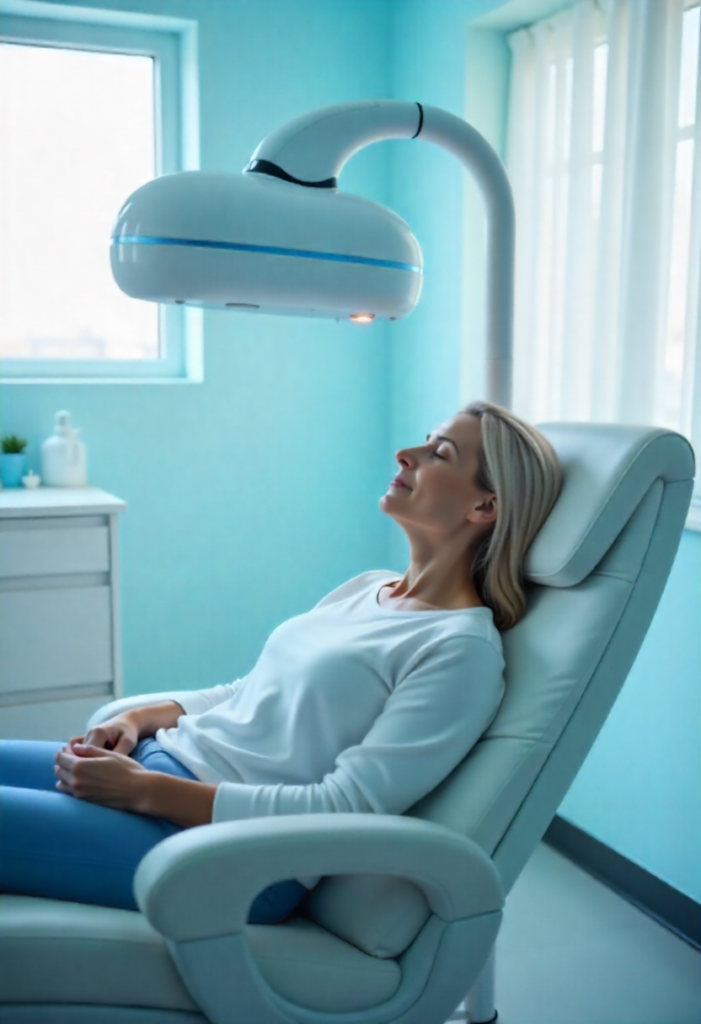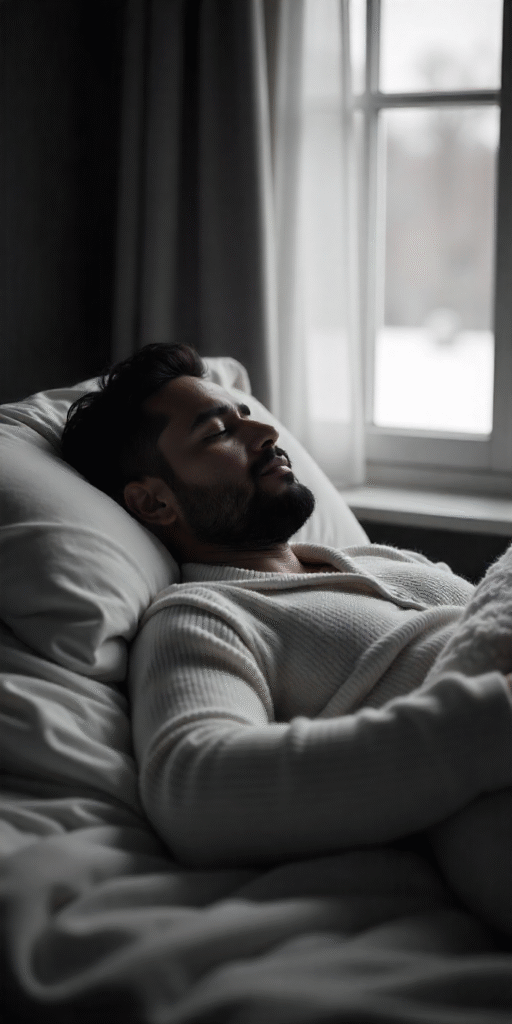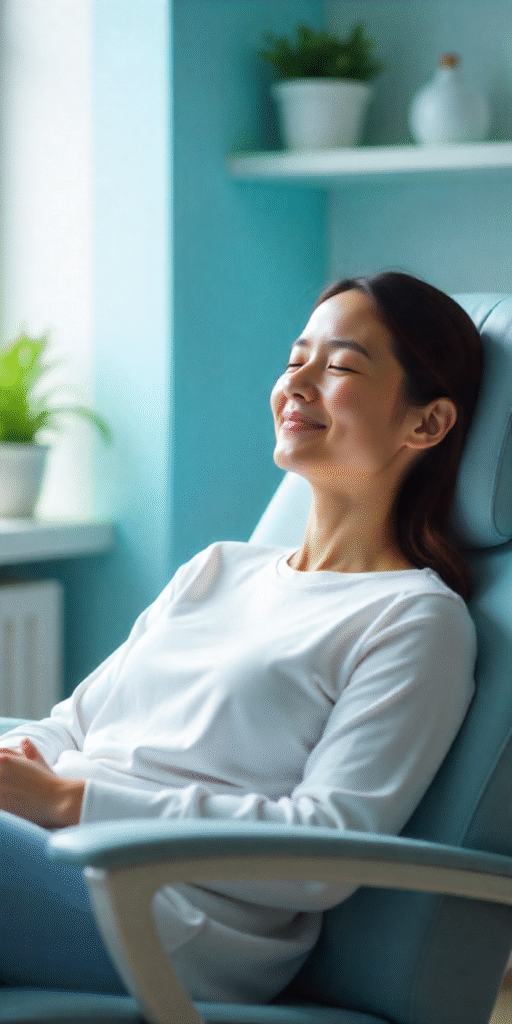Does TMS Therapy Improve Sleep for People with Depression?
Texas Holistic Psychiatry – Kingwood, Texas
Sleep and depression are deeply connected. When you’re struggling with depression, good sleep often becomes impossible. At Texas Holistic Psychiatry, we understand how poor sleep can worsen mental health—and how lack of rest can stall your recovery. That’s why we’re proud to offer Transcranial Magnetic Stimulation (TMS Therapy) as a treatment that not only lifts mood but can also restore natural sleep rhythms.If you’re wondering whether TMS Therapy can help improve your sleep while treating depression, this article will walk you through everything you need to know—from science to patient outcomes, and what to expect when you begin treatment in Kingwood, Texas.
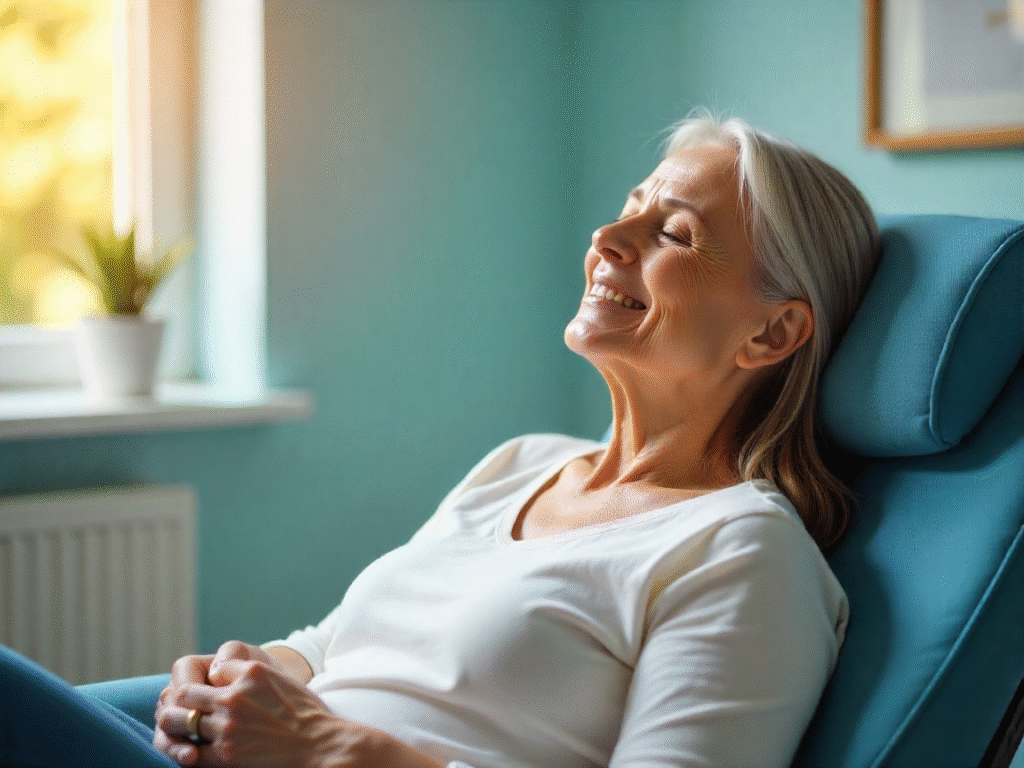
The Link Between Depression and Sleep Disturbances
It’s no surprise that depression and sleep go hand-in-hand. Insomnia, early morning waking, and oversleeping are some of the most common symptoms in people experiencing depression. For many, the lack of restorative sleep makes symptoms like fatigue, irritability, and hopelessness even worse. Sleep medications often provide temporary relief, but they can come with side effects, dependency risks, and limited long-term benefit. That’s where TMS treatment for depression comes in—offering a non-invasive depression treatment that addresses the root cause of both mood imbalance and disrupted sleep patterns: brain stimulation.
What Is TMS Therapy?
TMS Therapy (Transcranial Magnetic Stimulation) is an advanced, FDA-approved treatment for depression that uses magnetic coils placed against the scalp to deliver targeted pulses to areas of the brain responsible for mood and cognitive regulation. These pulses help re-activate underperforming areas in the brain, including those that control both mood and sleep. Unlike medications, which affect the whole body, TMS treatment focuses on one area—making it precise, safer, and better tolerated. At Texas Holistic Psychiatry, our TMS Certified Physicians and trained TMS providers personalize treatment for each patient right from their TMS initial session.
How TMS Therapy Affects Brain Activity Related to Sleep
Sleep is regulated by complex brain systems, many of which overlap with mood regulation networks. When you undergo TMS sessions, these regions—especially in the prefrontal cortex—are gently stimulated using carefully measured magnetic field intensity. This tapping sensation on your head isn’t painful but signals that neurons are being activated. Over the course of treatment, this stimulation helps normalize electrical activity in the brain, including circuits tied to circadian rhythms and REM sleep cycles. That’s why many patients report better sleep, deeper rest, and fewer nighttime awakenings after a few weeks of therapy.
Real Sleep Improvements After TMS: What Patients Report
Many patients who receive TMS therapy not only feel emotionally better, but also report:
- Falling asleep faster
- Waking up less frequently during the night
- Feeling more refreshed in the morning
- Less daytime sleepiness or fatigue
- Fewer nightmares or vivid dreams
These improvements may begin in the second or third week of treatment and often continue for months after therapy ends. At our TMS office in Kingwood, Texas, we regularly hear feedback from patients who say TMS helped them sleep better than any medication they’ve tried.
Can TMS Therapy Replace Sleep Medications?
For some patients, yes. TMS can reduce or even eliminate the need for sleeping pills or sedating antidepressants, especially in cases where TMS treatment for depression improves both emotional health and sleep function simultaneously. Of course, every patient is different. We never recommend stopping medication without medical guidance. At Texas Holistic Psychiatry, we help each patient explore a treatment plan that balances complementary therapy like counseling, medication, and TMS therapy for optimal recovery.
The Science Behind TMS and Sleep Regulation
Studies have shown that Transcranial Magnetic Stimulation has measurable effects on areas of the brain that regulate sleep cycles. For instance, patients undergoing brain stimulation often show changes in slow-wave sleep and REM density—both essential for feeling well-rested. While TMS was originally developed for depression, researchers have discovered it improves secondary symptoms like insomnia and fragmented sleep. This makes it one of the most promising depression treatment options for people who also struggle with chronic sleep issues
TMS vs. Medication for Sleep and Depression
Antidepressant medications may help improve mood, but many interfere with sleep. SSRIs can cause insomnia. Sedating medications can cause grogginess. Over time, some sleep aids lose their effectiveness or cause dependency. In contrast, TMS therapy promotes natural brain regulation without altering your entire neurochemistry. It’s a non-invasive alternative to medication that doesn’t rely on pills or nightly dosages. Patients at our TMS office in Kingwood, Texas often tell us they sleep better after TMS than they did on any prescription—without the fog, side effects, or long-term risks.
What to Expect: Preparing for Your TMS Session
If you’re considering TMS in Kingwood, Texas, here’s how to prepare for your TMS session: Arrive well-rested and without caffeine. Eat a light meal. Wear comfortable clothing and avoid hair products or accessories containing metal. Our team will explain every step of the process to help you feel relaxed and confident before your TMS procedure begins. We’ll start with a motor threshold assessment to determine the correct magnetic field intensity for your brain, then customize your treatment schedule for maximum comfort and results.
TMS Procedure and Initial Session Experience
Your TMS initial session is simple and stress-free. You’ll be seated comfortably in a chair. One of our TMS providers will place the magnetic coil gently on your scalp, and you’ll feel a tapping sensation on your head as the pulses begin. Each session lasts between 20 to 40 minutes. You can return to your normal routine immediately afterward—no recovery time, no sedation, and no interference with your day. Patients often feel relaxed, alert, and surprisingly energized after treatment, especially as therapy progresses.
Understanding TMS Side Effects (Including Sleep-Related)
TMS side effects are typically mild and short-lived. The most common one is headaches after TMS, usually during the first few sessions. Some people report scalp sensitivity or slight facial twitching during stimulation. In rare cases, patients may feel temporarily tired after sessions—but many feel the opposite: clearer, calmer, and even sleepy in a good way. As the brain responds positively to treatment, sleep becomes easier and more consistent without needing extra medications.
Long-Term Improvements After TMS Therapy
One of the best things about TMS therapy is that its effects last. Many patients continue experiencing emotional and physical improvements for 6 to 12 months or longer after their final session—including better sleep quality. As the brain continues to heal and rewire itself post-treatment, deeper rest and better mood become part of your daily life—not just something you hope for. If symptoms return over time, booster sessions can help—but many patients need only one full course of treatment.
The Role of Aftercare and Support System for TMS Patients
Your healing doesn’t stop when your last session ends. At Texas Holistic Psychiatry, we offer ongoing guidance and TMS aftercare strategies to help you maintain your results. Whether you’re working on healthy sleep habits, reducing anxiety, or exploring therapy options, we’re here to support you. Having a strong support system for TMS patients—friends, family, or peer support—also makes a big difference in maintaining your progress.
Why Choose Texas Holistic Psychiatry for TMS in Kingwood, Texas
Our experienced team at Texas Holistic Psychiatry provides expert-led, compassionate care that goes beyond standard treatment. We are dedicated to helping you achieve full recovery—not just from depression, but from all the issues it causes, including poor sleep. We offer personalized treatment plans, flexible scheduling, and follow-up support—all delivered in a welcoming, state-of-the-art TMS office in Kingwood, Texas.
Related Post
-
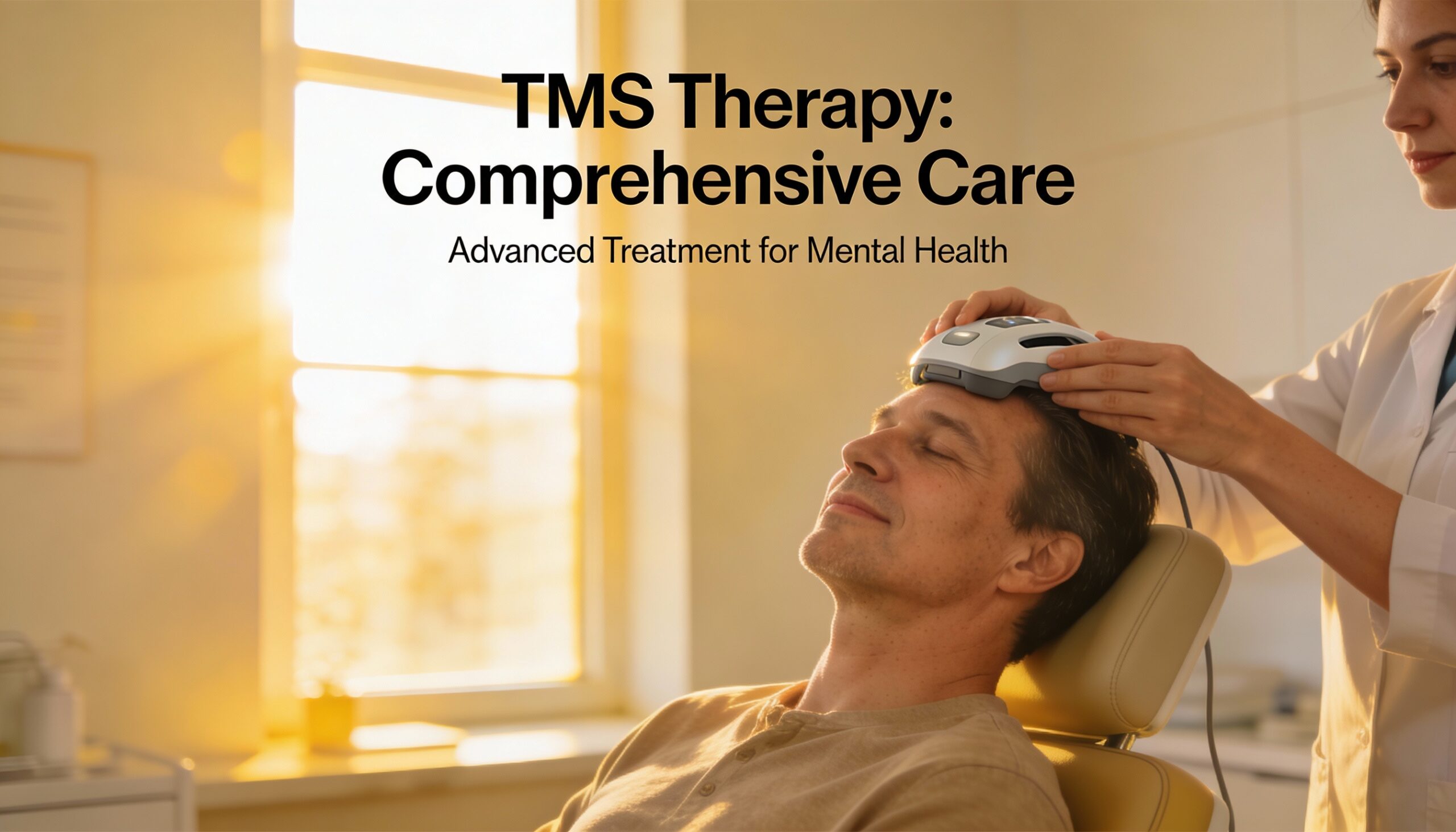 TMS Therapy for Treatment-Resistant Depression in Houston
TMS Therapy for Treatment-Resistant Depression in Houston -
 How Many TMS Sessions Do You Need to See Results?
How Many TMS Sessions Do You Need to See Results? -
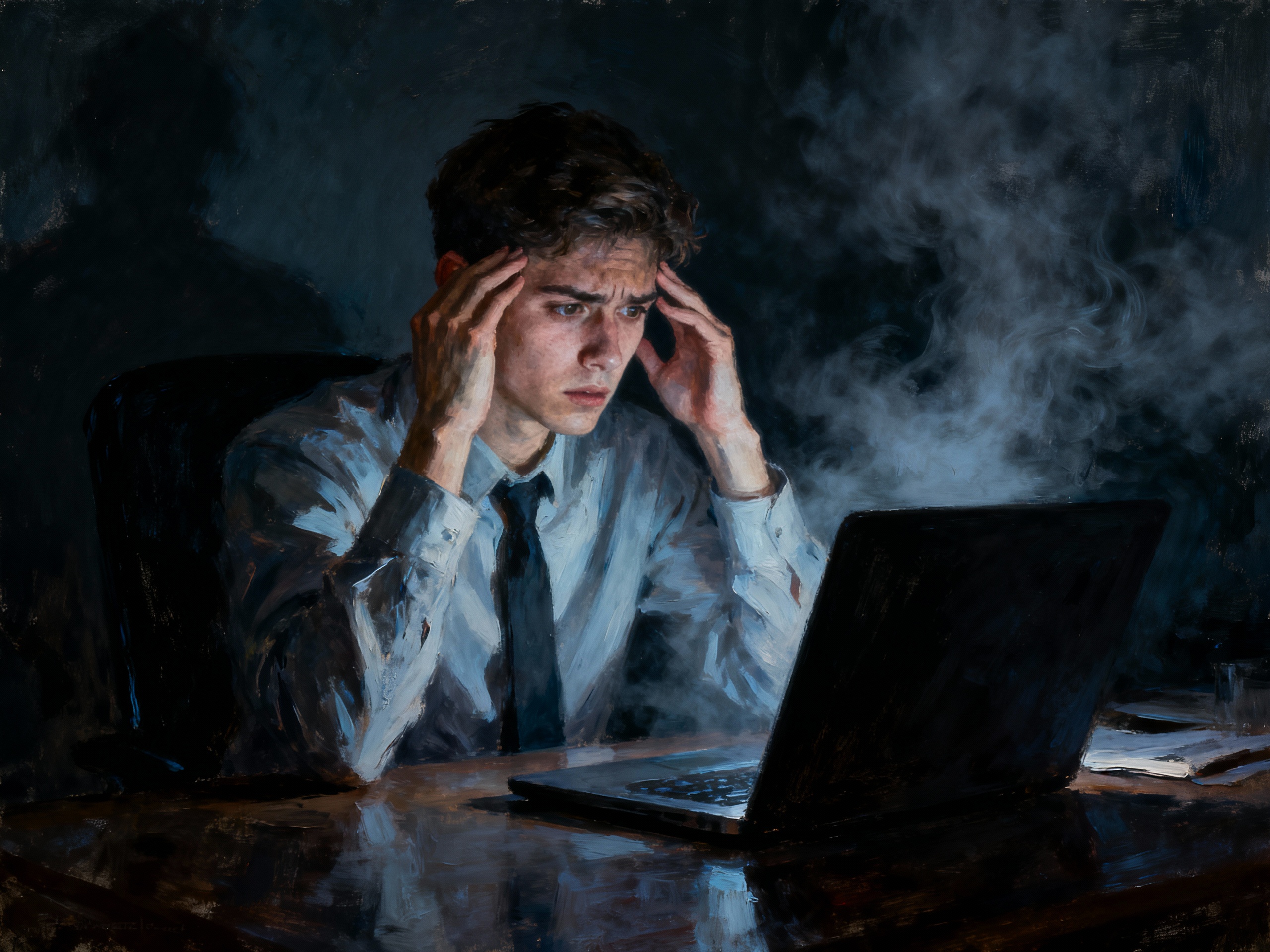 How TMS Therapy Helps You Regain Focus and Mental Clarity
How TMS Therapy Helps You Regain Focus and Mental Clarity -
 Does TMS Therapy Improve Sleep for People with Depression?
Does TMS Therapy Improve Sleep for People with Depression? -
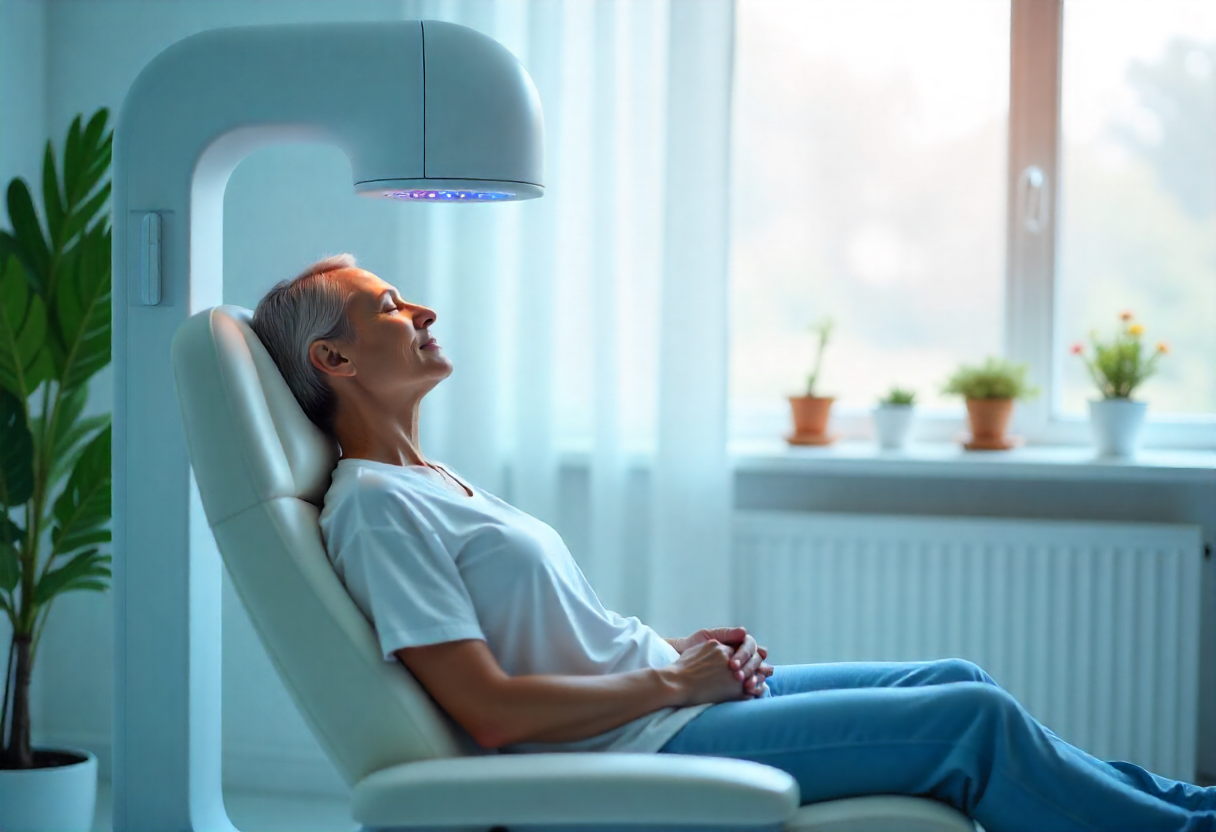 How Long Do the Effects of TMS Therapy Last?
How Long Do the Effects of TMS Therapy Last? -
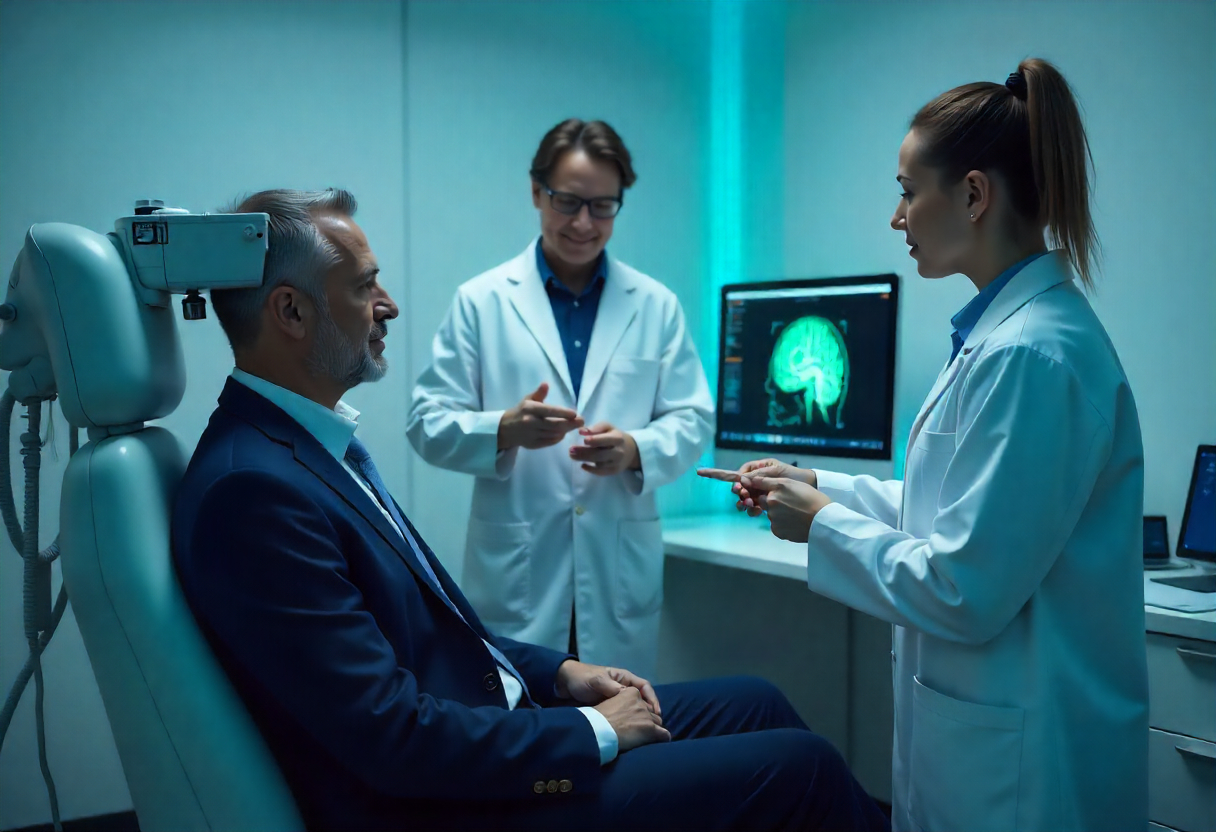 TMS vs. Medication: Which Depression Treatment Option Is Right for You?
TMS vs. Medication: Which Depression Treatment Option Is Right for You? -
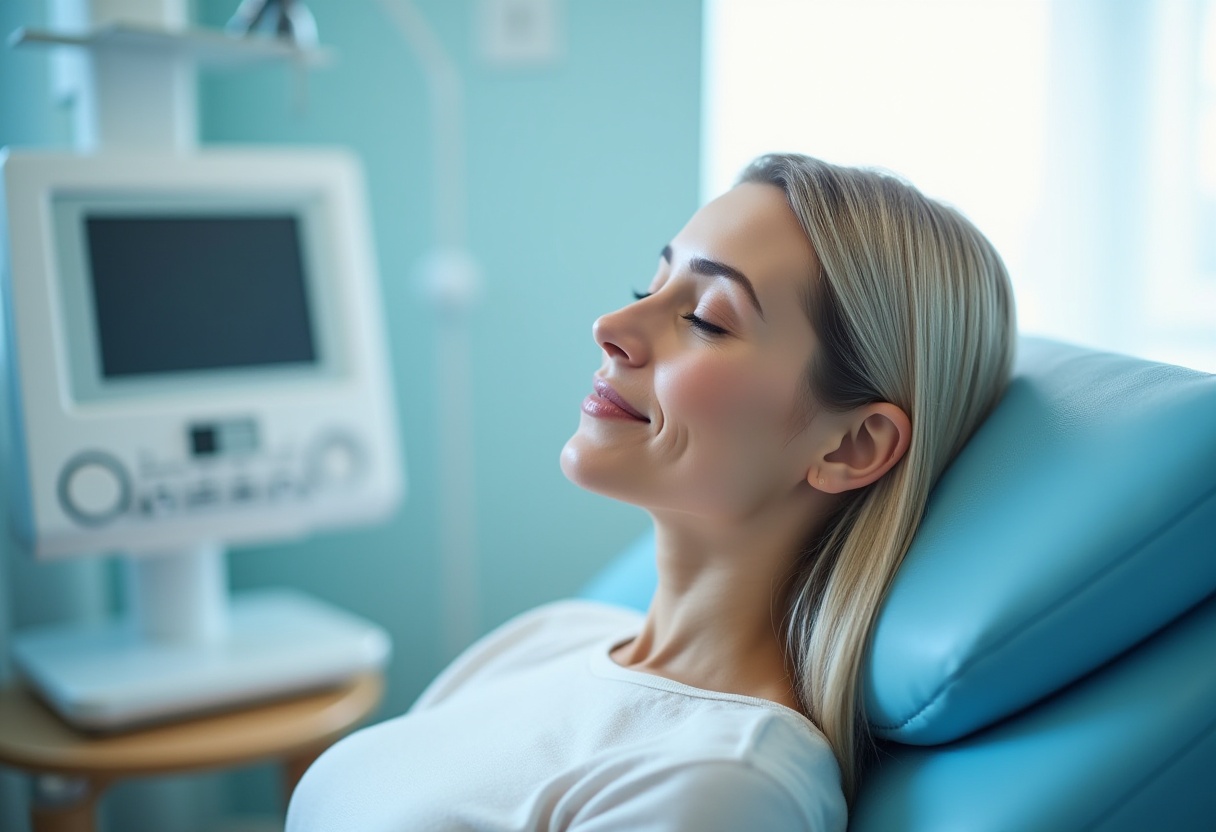 How to Prepare for Your TMS Therapy Session
How to Prepare for Your TMS Therapy Session -
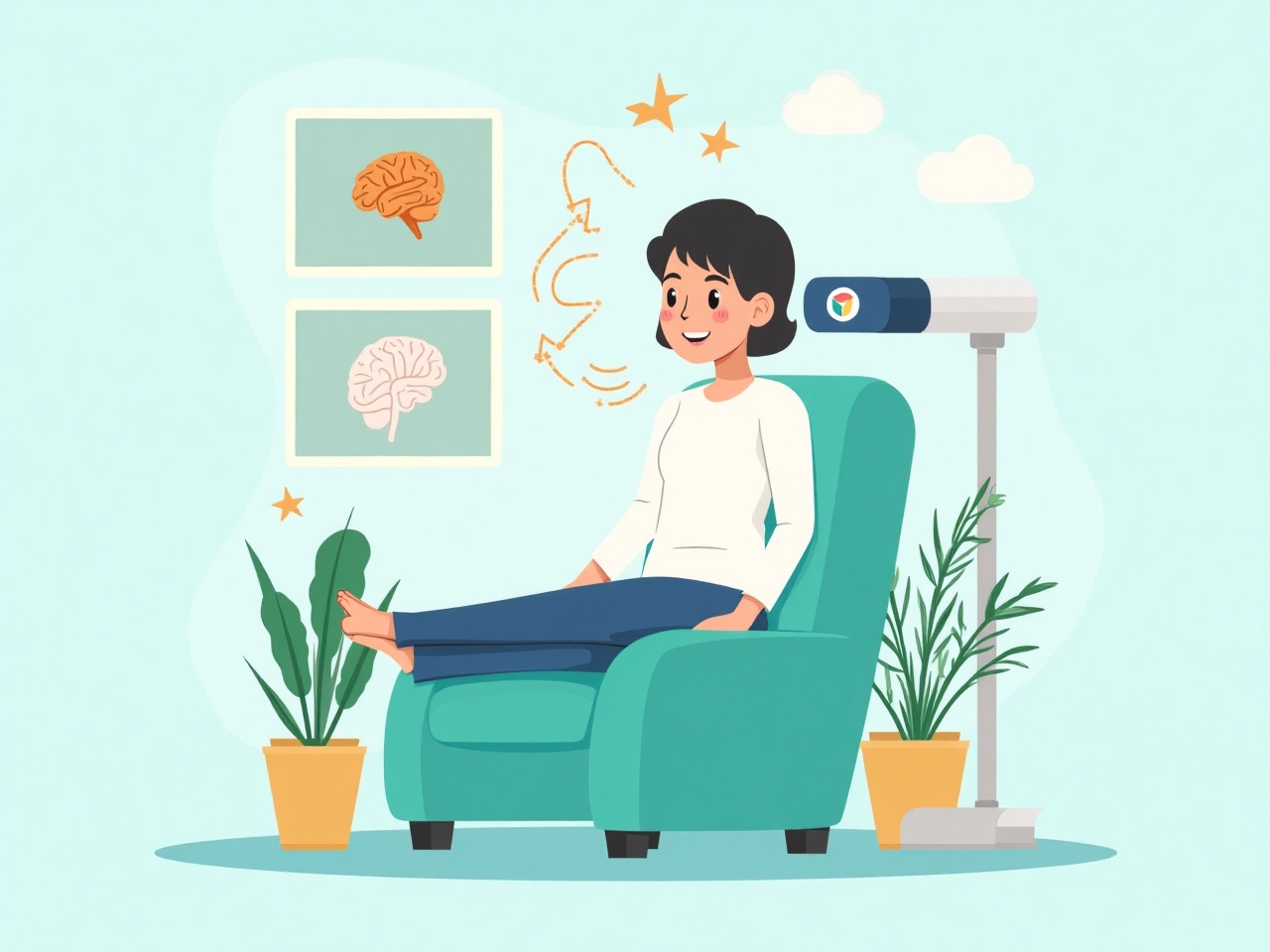 What Is TMS Therapy and How Does It Work for Depression?
What Is TMS Therapy and How Does It Work for Depression? -
 How Lifestyle Changes Can Enhance Your Mental Health Treatment | Holistic Psychiatry Kingwood
How Lifestyle Changes Can Enhance Your Mental Health Treatment | Holistic Psychiatry Kingwood -
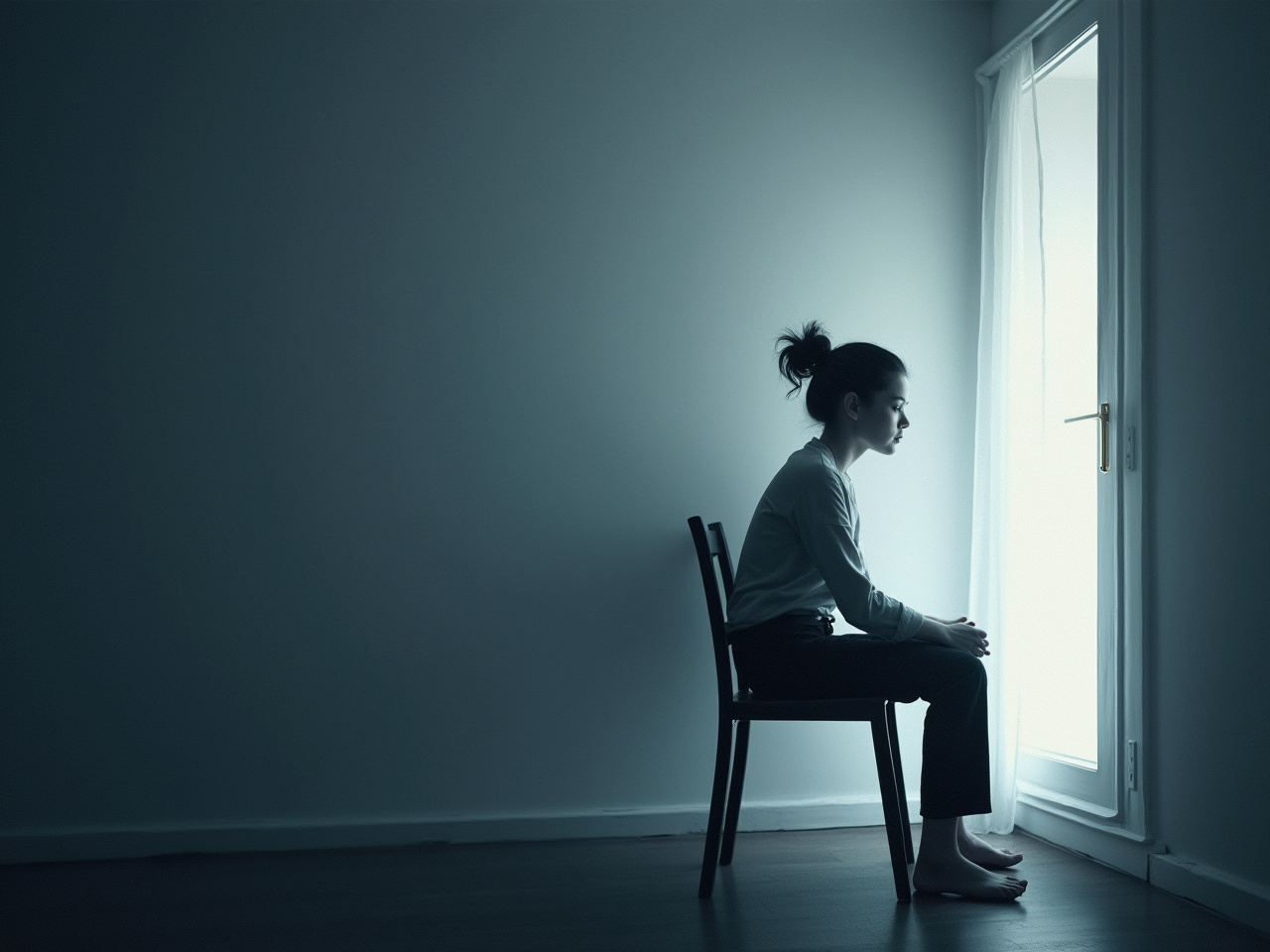 How to Support a Loved One with Depression
How to Support a Loved One with Depression -
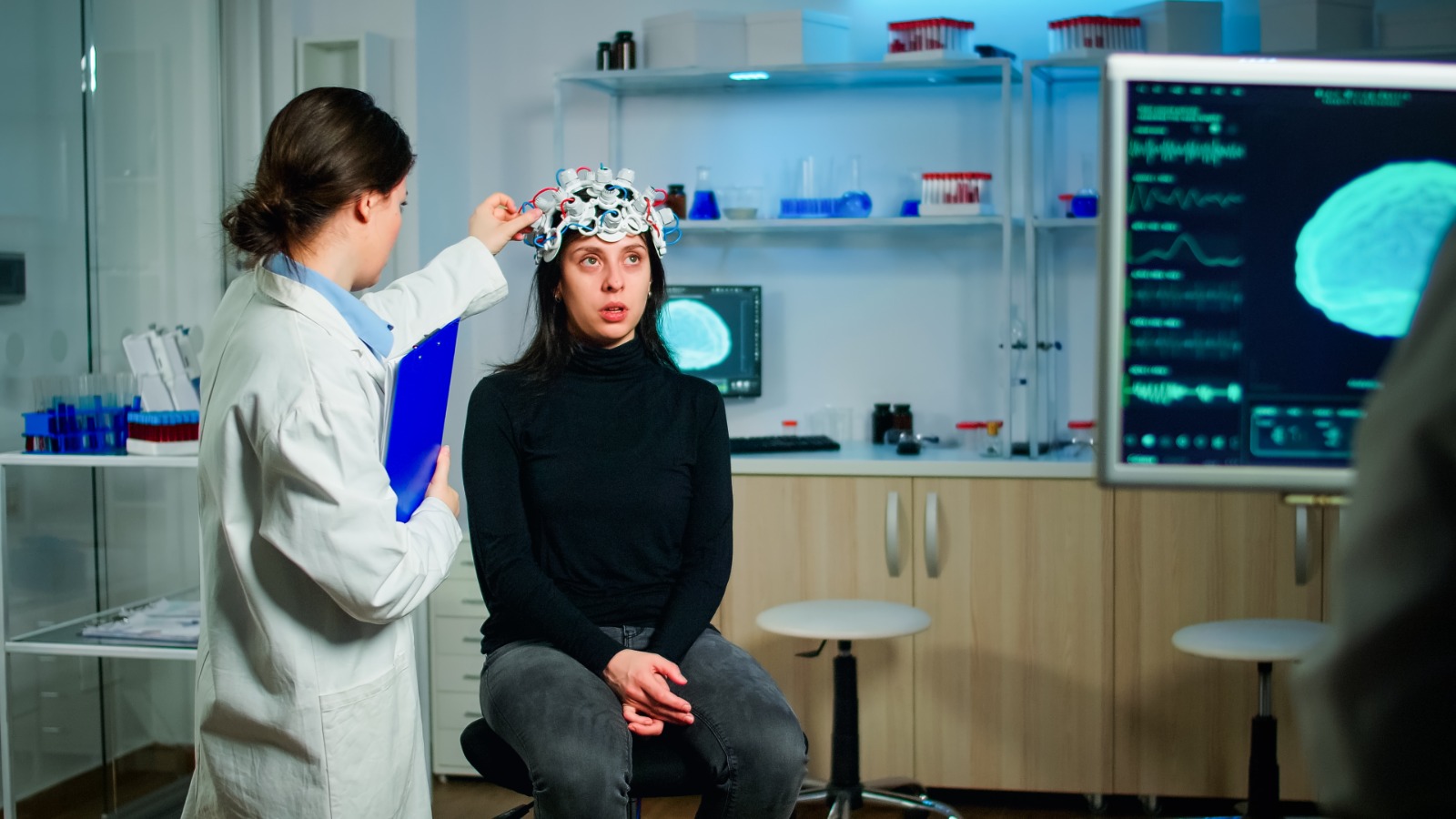 5 Proven Benefits of TMS Therapy for Mental Health
5 Proven Benefits of TMS Therapy for Mental Health -
 Signs You Might Have Treatment-Resistant Depression (And What to Do About It)
Signs You Might Have Treatment-Resistant Depression (And What to Do About It) -
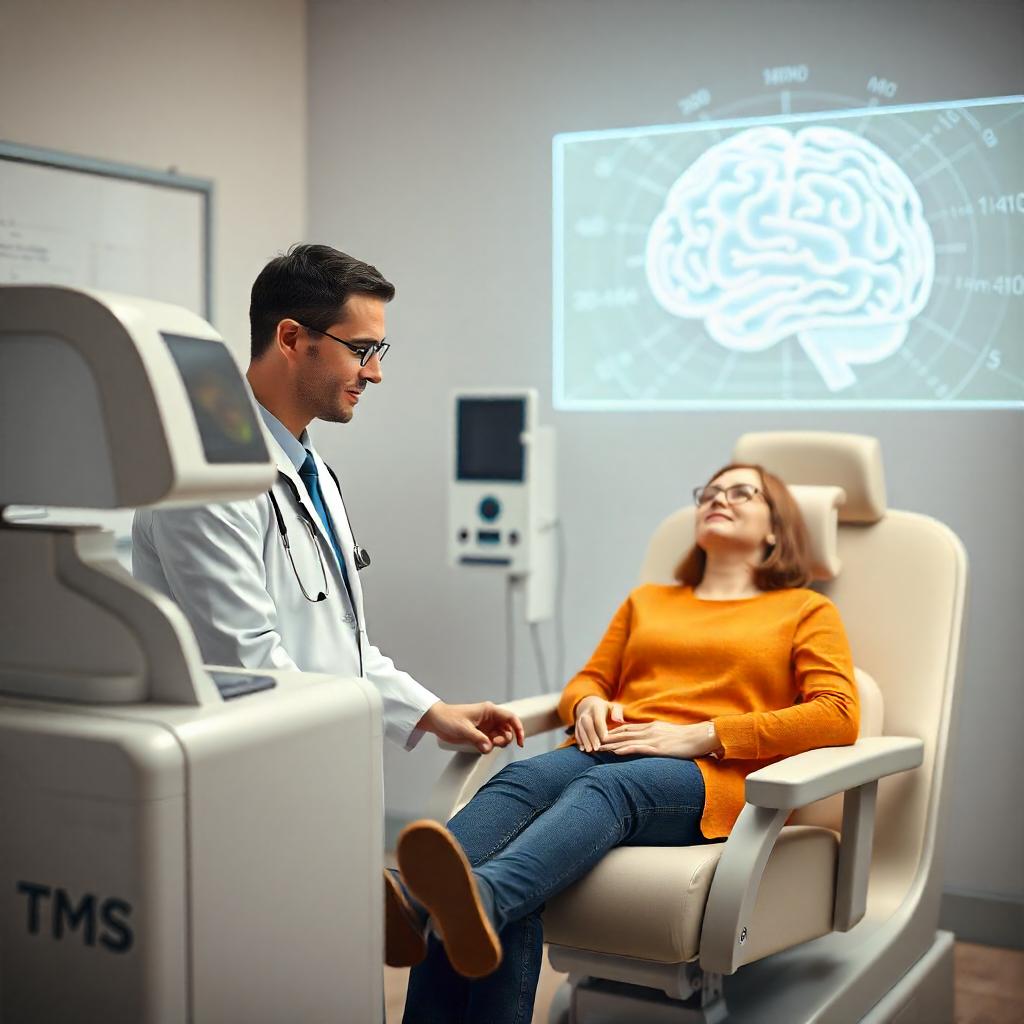 What is TMS Therapy? A Beginner’s Guide to Non-Invasive Depression Treatment
What is TMS Therapy? A Beginner’s Guide to Non-Invasive Depression Treatment

